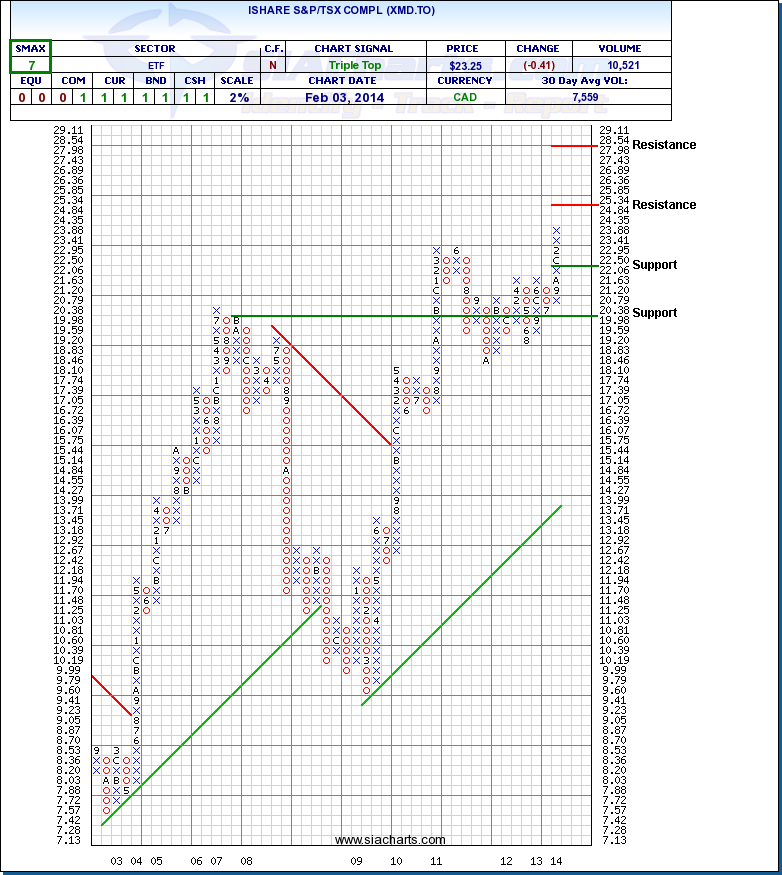While it may be comforting, concentrating your portfolio in your region or home country is a mistake. Investors who disproportionately favor local investments will struggle to assemble a well-diversified portfolio, taking on unnecessary risk.
by Russ Koesterich, Portfolio Manager, Blackrock
Buy what you know. It’s an old admonition, and on the surface a sensible one. Focusing your investments on those companies that you’re most familiar with should help mitigate the risk of a bad investment choice.
Unfortunately, like a lot of conventional wisdom, it’s wrong. Concentrating your portfolio to local investments, while comforting, is a mistake for two reasons:
1. Investors often exaggerate the benefit of physical proximity. The fact that a company is headquartered in my hometown probably doesn’t make me any better qualified to judge its investment prospects. If it did, everyone who lived in Seattle could simply day trade Microsoft and Nike for a living.
2. Focusing too much on local companies leaves investors with an overly concentrated portfolio. One investor I knew had a disproportionate share of his portfolio in companies domiciled in his mid-sized southern town.
While this provided some psychological comfort, it was a seriously flawed strategy, as the relatively small size of the business community led him to over invest in a very narrow list of companies. In fact, investors who disproportionately favor local investments will struggle to assemble a well-diversified portfolio, taking on unnecessary risk in the process.
A slightly less dangerous, but more common, version of this approach is the “home country bias.” This phrase refers to a very widespread investor mistake: over investing in one’s own country.
This habit is even more dangerous for investors outside of the United States. Australia provides a good example of why. While Australia is the epitome of a modern and fiscally sound economy, it’s a very concentrated one, and so is the Australian stock market.
Financial firms make up roughly 50% of the market’s capitalization, while mining companies are another 20%. Sectors such as consumer discretionary, telecom, and healthcare make up 10% or less of the market. In other words, Australian investors with a home country bias are effectively betting their equity portfolios on just two industries, both of which happen to be very cyclical.
The antidote for these biases is to try to build a diversified portfolio; one that does not over represent your local region or home country. Unfortunately, many investors continue to focus too much of their investment locally, often rationalizing the habit by pointing out that diversification didn’t work so well during the financial crisis.
It’s certainly true that almost every asset class, with the exception of U.S. Treasuries and gold, moved together for a period of time during the last crisis. But that’s the exception that proves the rule. Diversification is not likely to, nor is it intended to, work over short-time periods, particularly when those periods are characterized by a financial crisis.
However, over the long term, all the evidence still suggests that diversification – by asset class, geography, and sector – leads to better portfolios; portfolios that produce better returns per unit of risk.
Getting to that diversified portfolio means embracing other regions and countries, even if they are less familiar and more exotic. This is just one of the reasons I’ve advocated small positions in frontier markets, despite the exotic nature of the asset class. You can read more about my specific country outlooks here.
Russ Koesterich, CFA, is the Chief Investment Strategist for BlackRock and iShares Chief Global Investment Strategist. He is a regular contributor to The Blog and you can find more of his posts here.
Source: Bloomberg, BlackRock Investment Strategy Group research
Copyright © Blackrock













